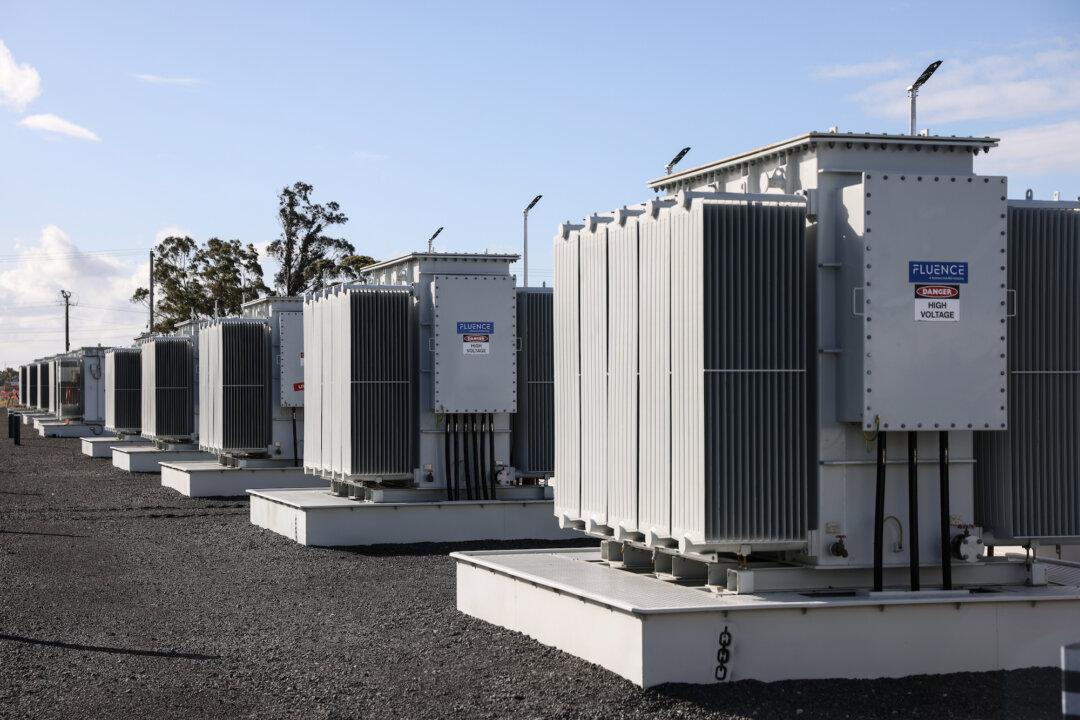More than three million Australians will have their student debt cut by the Albanese government as they wipe around $3 billion (US$2 billion) in student debt.
The cut was announced by Education Minister Jason Clare and Skills and Training Minister Brendan O'Connor on May 5.




